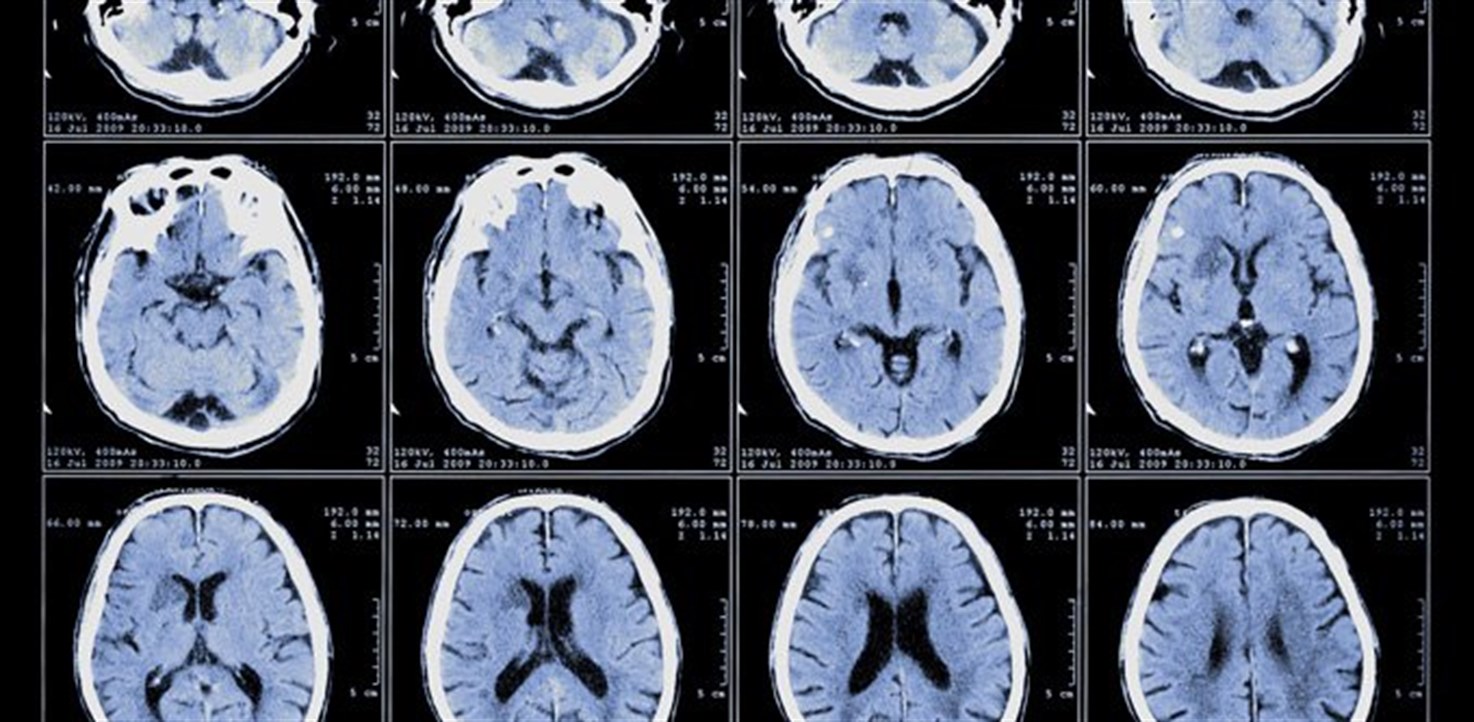A study published in January in the online issue of Neurology® reported that scanning a premature infant’s brain shortly after birth can help doctors predict if the child will have disabilities later. Scans can show lesions in white matter, the size and location of which indicate the extent of damage the infant may have.
According to the CDC, one in ten babies born in the United States is born prematurely. Lack of oxygen to the brain is the most common injury premature infants sustain, which results in damage to white matter. White matter consists of the myelinated axons that transmit electrochemical signals through neurons. White matter damage can impede signals sent from the brain to other parts of the body.
Study author Steven P. Miller, MDCM, of The Hospital for Sick Children (SickKids) in Toronto, Canada says, “In general, babies who are born before 31 weeks gestation have a higher risk of thinking, language and movement problems throughout their lives, so being able to better predict which infants will face certain developmental problems is important so they get the best early interventions possible. Just as important is to be able to reassure parents of infants who may not be at risk.”
The researchers looked at a group of premature infants admitted to the neonatal intensive care unit at British Columbia’s Women’s Hospital over seven years. They found 58 babies who had white matter damage at the time of scanning after birth and then followed up with the children at 18 months of age to evaluate for motor, language, and cognitive development.
Researchers found that a greater volume of white matter lesions, no matter where located in the brain, correlated with movement problems at age 18 months. Additionally, injury to the prefrontal cortex, the area of the brain that modulates social behavior, memory, and voluntary movements, was correlated with thinking problems.
These findings implicate that scanning premature babies’ brains after birth could predict problems early and help physicians make early interventions. Miller suggests that further studies evaluate infants’ development at multiple points of infancy, not just 18 months.
For more information: https://eurekalert.org/pub_releases/2017-01/aaon-mbi011317.php




